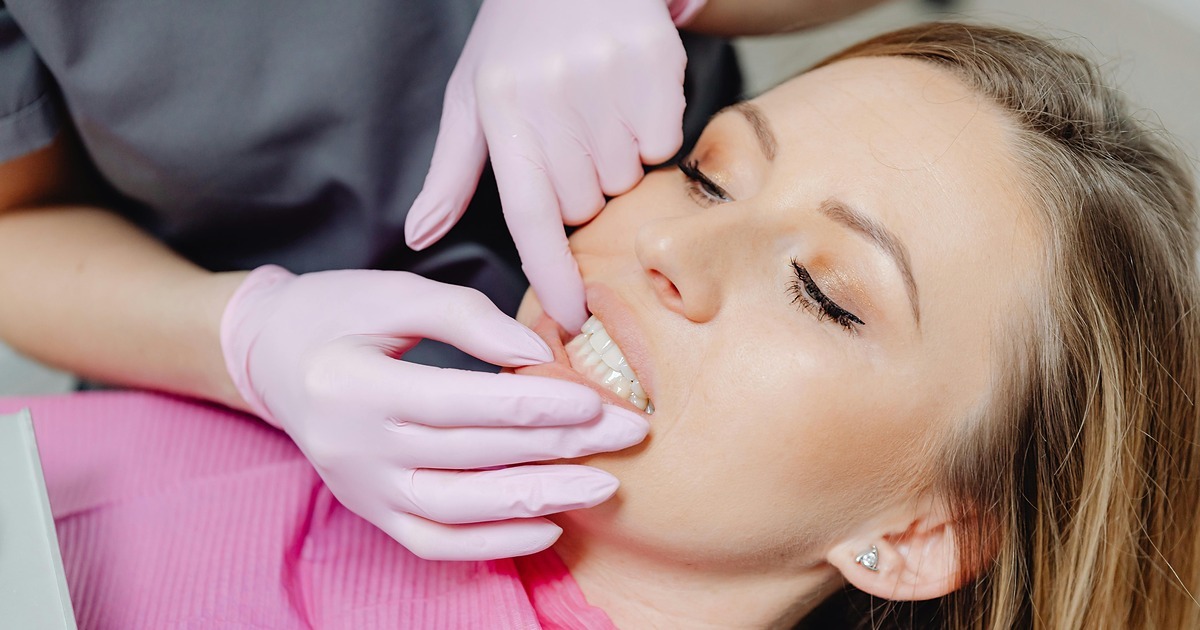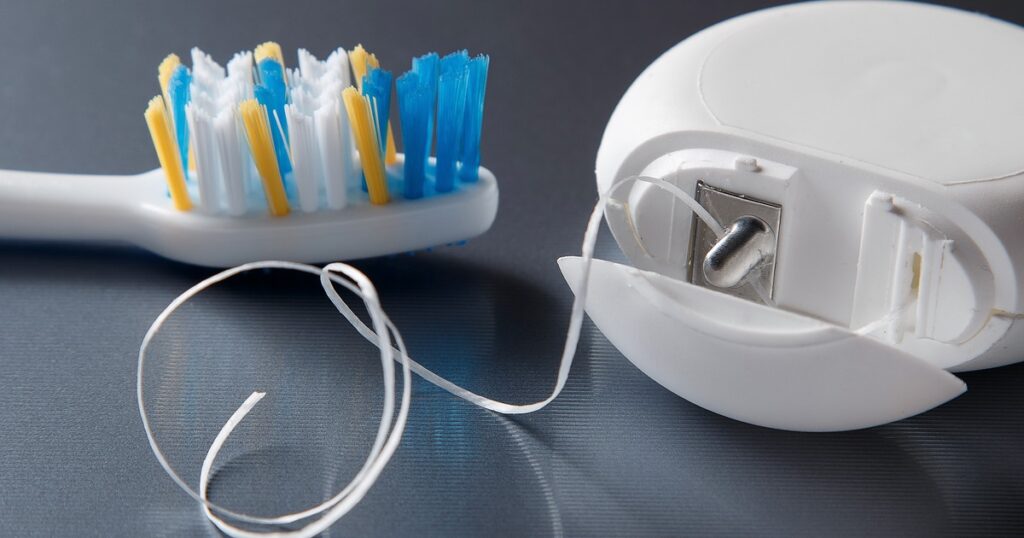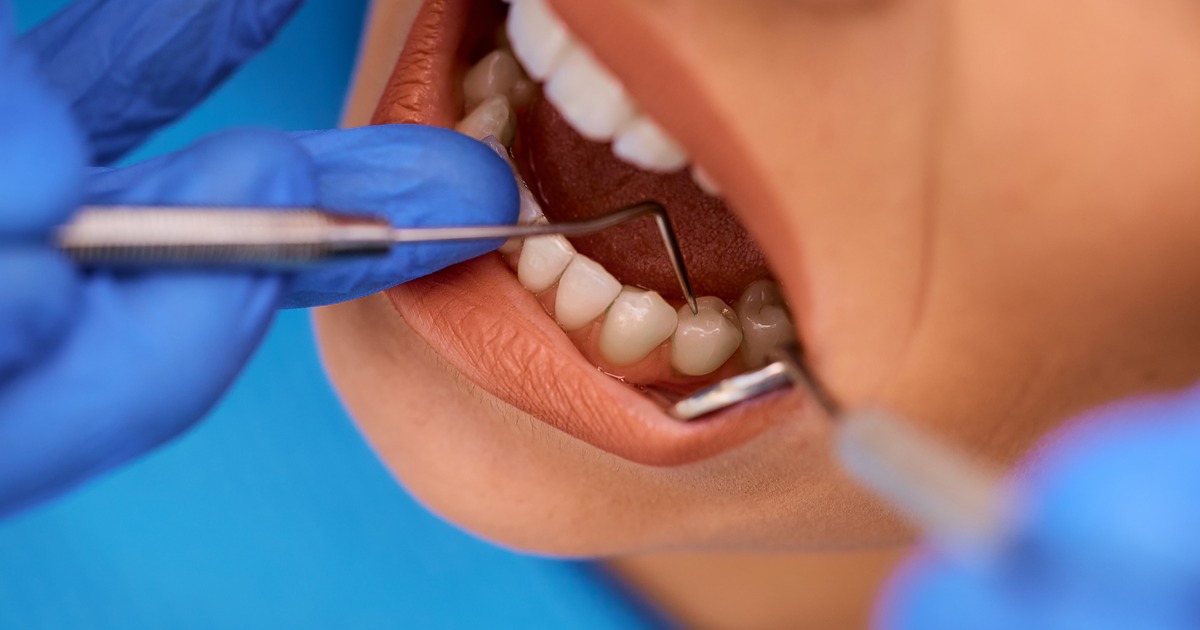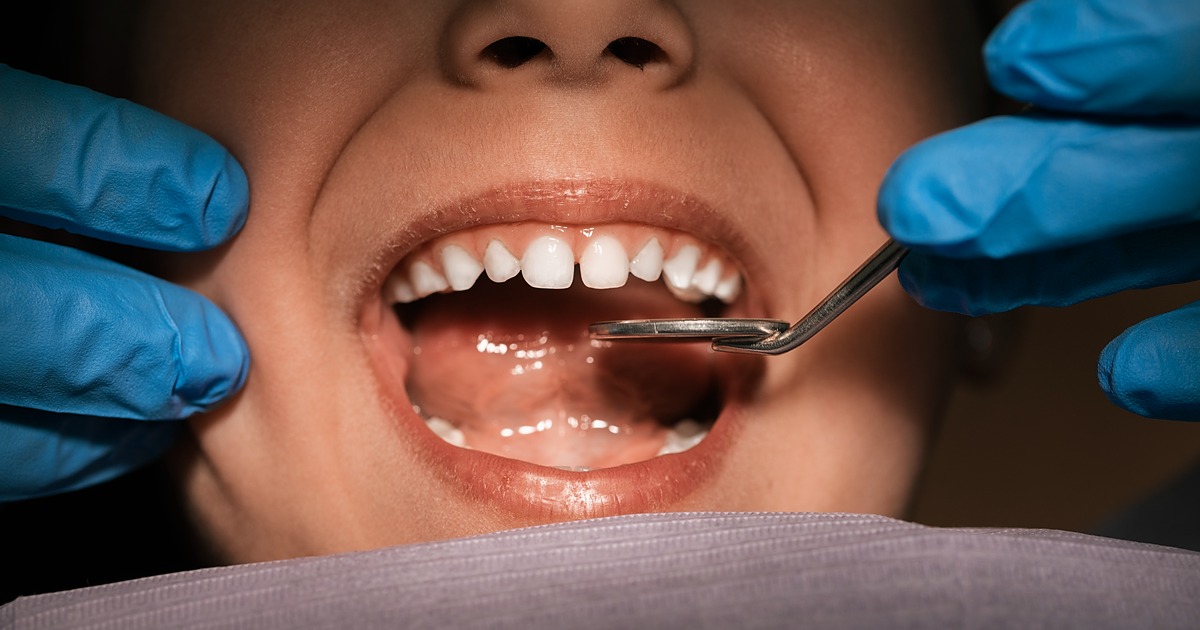Gum Diseases | The Complete Guide to Healthier Gums

When most people think about oral health, they picture clean, white teeth. But your gums are just as important. Without healthy gums, even the strongest teeth won’t stay in place. Unfortunately, gum disease is one of the most common oral health problems worldwide—and it often goes unnoticed until it’s advanced.
This guide will walk you through everything you need to know about gum disease: its causes, stages, warning signs, and prevention. You’ll also find natural remedies, professional treatment options, and answers to common questions.
By the end, you’ll have the knowledge to protect your gums, stop early damage, and keep your smile healthy for life.
What is Gum Disease?
Gum disease, also called periodontal disease, is an infection of the tissues that support your teeth. It starts small—usually with gum irritation or bleeding while brushing—but can progress to tooth loss if ignored.
There are two main stages:
-
Gingivitis → Early stage, reversible with care.
-
Periodontitis → Advanced stage, where gums and bone begin to break down.
➡️ Learn more here: Stages of Gum Disease: From Gingivitis to Periodontitis
Why Gum Health Matters
Healthy gums do more than just hold your teeth in place. They:
-
Protect the roots of your teeth.
-
Keep harmful bacteria from entering your bloodstream.
-
Support jawbone health.
Research also shows that untreated gum disease may be linked to other health issues like heart disease, diabetes, and even pregnancy complications.
Early Signs of Gum Disease
Most people don’t realize they have gum problems until symptoms worsen. That’s why knowing the early warning signs is crucial.
Common early signs include:
-
Bleeding gums when brushing or flossing.
-
Swollen, red, or tender gums.
-
Bad breath that doesn’t go away.
-
Gum recession (teeth looking “longer”).
➡️ Detailed guide: Early Signs of Gingivitis You Shouldn’t Ignore
What Causes Gum Disease?
Several factors can trigger gum disease, including:
-
Plaque buildup → sticky bacteria that harden into tartar.
-
Poor oral hygiene → irregular brushing or flossing.
-
Smoking → one of the strongest risk factors.
-
Hormonal changes → pregnancy, menopause, or puberty.
-
Chronic illnesses → diabetes and weakened immune systems.
-
Genetics → some people are more prone to gum disease.
Stages of Gum Disease
Gum disease doesn’t happen overnight. It develops gradually, often in four stages:
-
Gingivitis → Mild, reversible with better hygiene.
-
Early Periodontitis → Gums pull away slightly, pockets form.
-
Moderate Periodontitis → Bone loss begins, deeper gum pockets.
-
Advanced Periodontitis → Severe bone and tissue loss, loose teeth.
➡️ Full breakdown: Stages of Gum Disease: From Gingivitis to Periodontitis
How Long Does It Take for Gum Disease to Develop?
Gum disease develops at different speeds for different people. Gingivitis can show up in a matter of weeks if plaque isn’t removed. Periodontitis, however, may take months or even years to progress.
➡️ Read the full guide: How Long Does It Take for Periodontitis to Develop?
Natural Ways to Prevent Gum Disease
Many people want natural remedies alongside professional care. Some proven natural prevention methods include:
-
Brushing twice a day with fluoride toothpaste.
-
Flossing daily to remove plaque between teeth.
-
Rinsing with salt water or herbal mouthwash.
-
Eating a balanced diet rich in vitamin C and omega-3s.
➡️ More tips: How to Prevent Gum Disease Naturally: 10 Proven Tips
Professional Treatments for Gum Disease
If gum disease has already set in, you may need professional help. Treatments may include:
-
Deep cleaning (scaling and root planing) → removes tartar below the gumline.
-
Antibiotics → oral or topical treatments to reduce infection.
-
Surgery (in severe cases) → flap surgery, bone grafts, or tissue regeneration.
➡️ Suggested subpage: Deep Cleaning for Gum Disease: What to Expect.
Gum Disease and Bad Breath
Chronic bad breath is one of the most embarrassing—and common—symptoms of gum disease. The bacteria causing gum infections release foul-smelling sulfur compounds.
➡️ Suggested subpage: Does Gum Disease Cause Bad Breath?
Gum Disease and Pregnancy
Pregnant women are more prone to gum problems due to hormonal changes. Research links gum disease in pregnancy to premature births and low birth weight.
➡️ Suggested subpage: Gum Disease During Pregnancy: Risks and Prevention.
Gum Disease in Children
While gum disease is more common in adults, kids can develop gingivitis too. Warning signs in children include puffy gums, bleeding while brushing, and persistent bad breath.
➡️ Suggested subpage: Gum Disease in Children: Causes, Symptoms, and Care.
Best Products for Gum Health
Some products can support healthier gums when used correctly:
-
Soft-bristle toothbrushes → gentle on gums.
-
Antibacterial mouthwash → reduces bacteria.
-
Interdental brushes → help clean tight spaces.
-
Water flossers → great for gum massage and cleaning.
➡️ Suggested subpage: Best Toothbrushes and Mouthwashes for Gum Health.
Lifestyle Tips to Protect Your Gums
Beyond brushing and flossing, small lifestyle changes can protect gum health:
-
Quit smoking.
-
Stay hydrated to wash away bacteria.
-
Manage stress (it can weaken your immune system).
-
Visit your dentist twice a year.
Myths About Gum Disease
There are plenty of myths around gum health, such as:
-
“If my gums bleed, I should stop brushing.” → Wrong! Gentle brushing helps.
-
“Gum disease only happens to old people.” → False, it can affect anyone.
-
“Bad breath always means gum disease.” → Not always, but often a sign.
➡️ Suggested subpage: Top Myths About Gum Disease Debunked.
When to See a Dentist
You should see a dentist if you notice:
-
Persistent bleeding gums.
-
Swollen or receding gums.
-
Loose teeth.
-
Pain when chewing.
Early treatment can stop gum disease before it worsens.
Conclusion
Gum disease is one of the most common yet preventable oral health issues. With the right daily habits—like proper brushing, flossing, and regular dental checkups—you can stop gum disease in its tracks.
Remember, the earlier you act, the easier it is to reverse the damage. Don’t ignore bleeding or swollen gums—your smile depends on it.
Explore More on Gum Health
-
Does Gum Disease Cause Bad Breath?
-
Gum Disease During Pregnancy: Risks and Prevention
-
Gum Disease in Children
-
Best Products for Gum Health
-
Top Myths About Gum Disease Debunked
-
Deep Cleaning for Gum Disease: What to Expect








